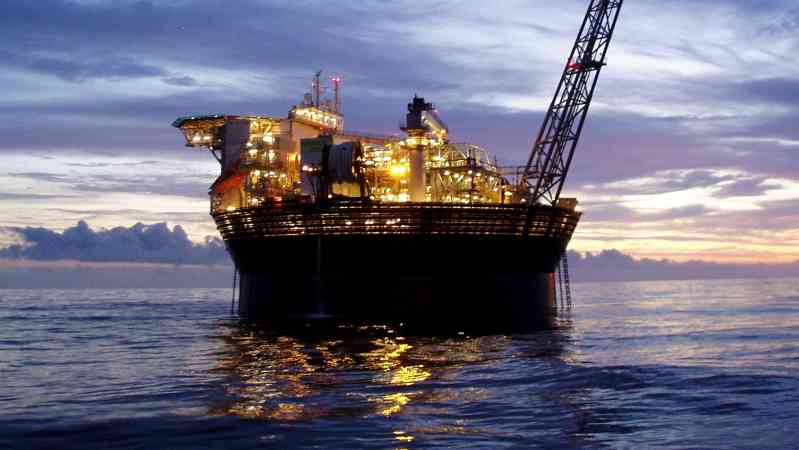Profits at Centrica more than doubled to £948 million last year as the owner of British Gas benefited from soaring oil and gas prices for its North Sea business.
The jump in profits comes weeks before households face a record 54 per cent increase in energy bills.
Annual profits at the British Gas energy division rose by 44 per cent to £118 million, despite a tough second half in which Britain’s biggest household supplier suffered a loss.
Centrica sought to head off controversy by announcing that it was repaying £27 million in furlough money and that Chris O’Shea, its chief executive, would give up his £1.1 million annual bonus. O’Shea, 48, said: “When customers were worrying about how to pay their bills, it didn’t feel right to take a bonus.”
Centrica, which suspended payouts to shareholders when the pandemic hit, said that it “should soon be in a position to restart paying a dividend”, although it did not declare a payment for 2021.
British Gas is Britain’s biggest supplier and it expanded to supply almost 7.3 million households by the end of last year after taking on hundreds of thousands of customers from failed energy firms.
The company has been a dire investment, with the shares falling by almost 90 per cent over the past decade. They lost another 3½p, or 4.7 per cent, to close at 72¼p yesterday.
Centrica’s other divisions include its British Gas home services business, its Spirit Energy oil and gas unit, which operates in the UK and Norwegian North Sea, and a stake in Britain’s nuclear plants.
The FTSE 250 group said that its adjusted operating profits had risen by 112 per cent to £948 million in 2021. That was driven by a more than sevenfold increase in profits from Spirit, which rose to £624 million from £84 million a year earlier.
O’Shea said that “the vast majority of increased profits will go to the government” in the form of tax and that after tax its oil and gas profits had less than doubled. “Our tax bill is up almost half a billion pounds. There has been a huge tax windfall for governments from this, and that’s quite right,” he said.
The rise in profits at the British Gas household supply business was driven by a strong first half, when customers used more energy in colder weather. In the second half it made a loss owing to “additional costs associated with the commodity environment and the number of supplier failures”.
It added: “The rise in wholesale prices has also meant that default tariffs have become cheaper than fixed-price tariffs, resulting in an increasing number of customers moving on to default tariffs and requiring us to purchase more commodity from the market.”
However, it did benefit from “warmer than normal temperatures in [the fourth quarter], allowing a small portion of surplus gas and power to be sold back into a high-priced commodity market”.
UK wholesale gas prices rose sharply yesterday after Russia invaded Ukraine. O’Shea declined to comment on the likely impact on bills or supplies to Britain, saying: “I don’t think it’s going to help anyone to speculate. We have to wait to see how this unfolds. It is absolutely unprecedented.”
